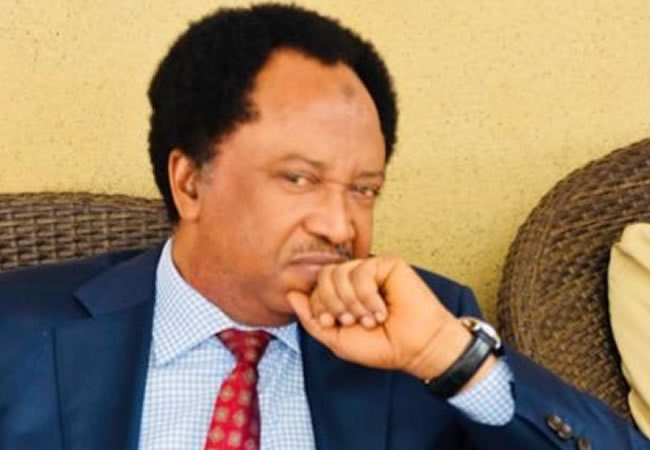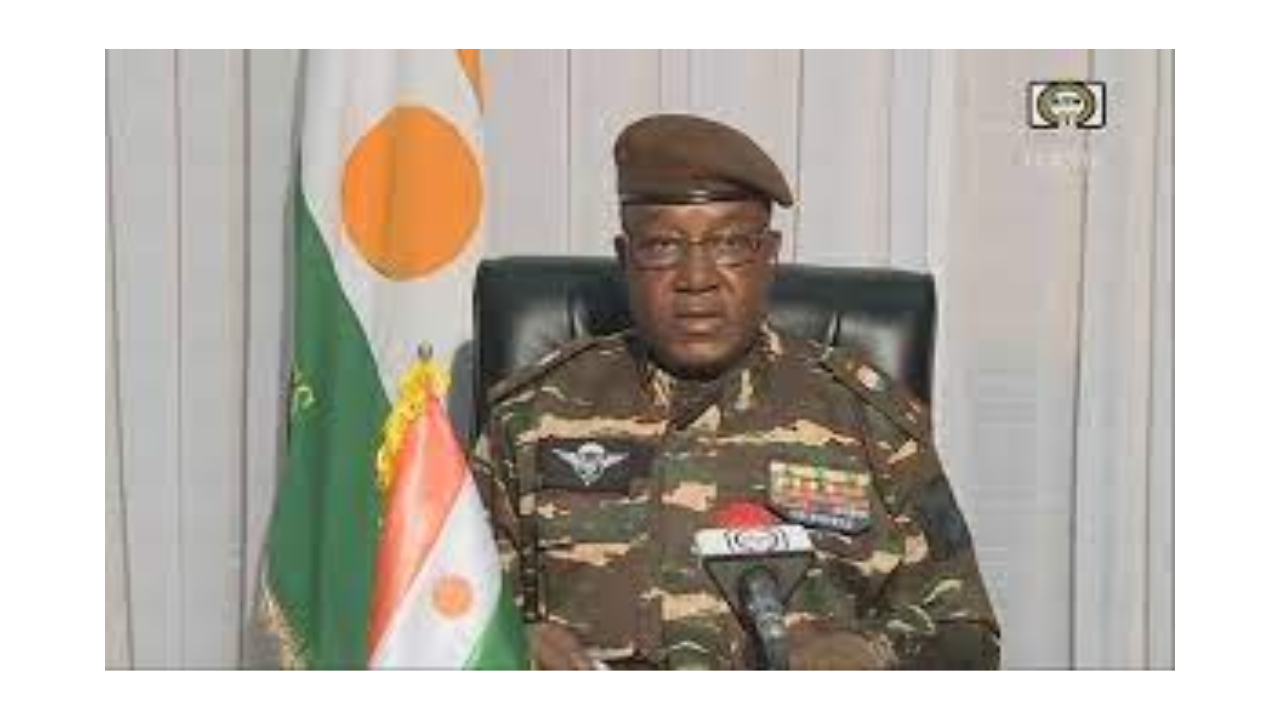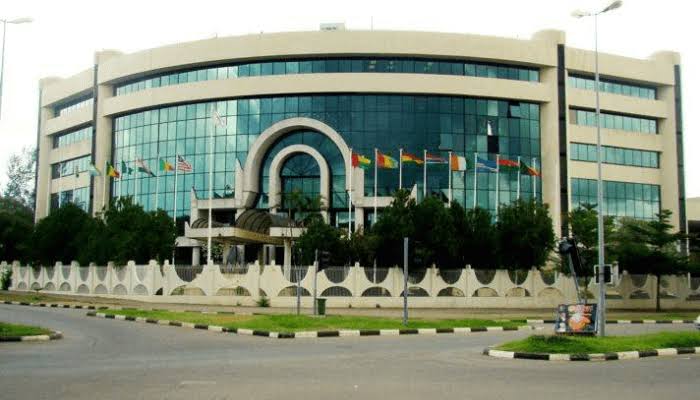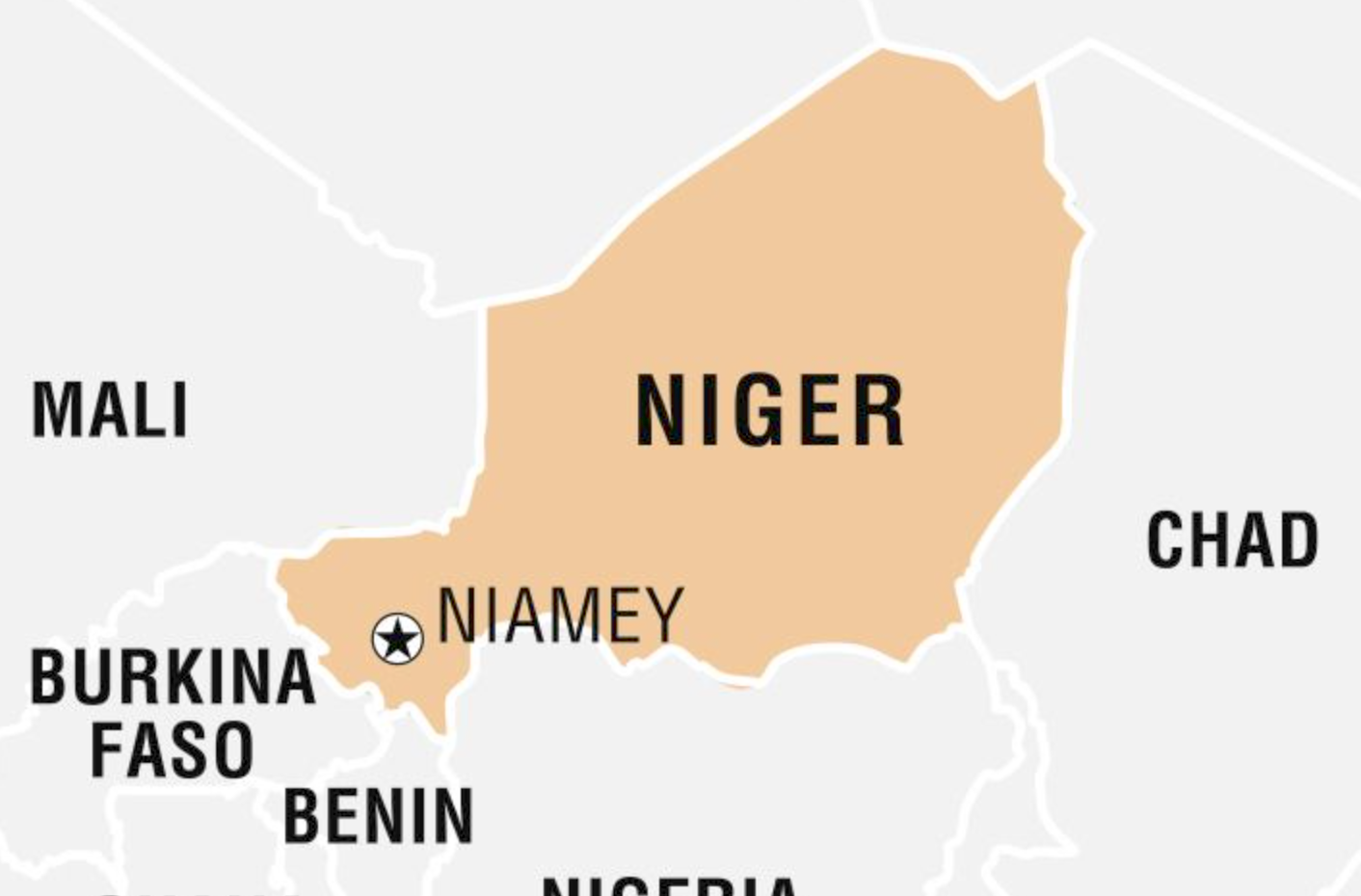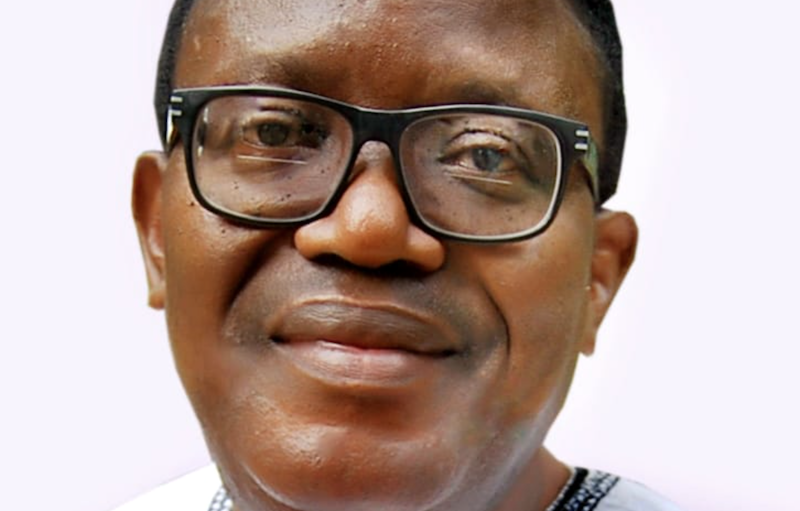The Economic Community of West African States (ECOWAS) Authority of Heads of State and Government has issued a seven-day ultimatum to the mastermind of the supposed coup in Niger Republic, to return power to the democratically elected president.
The decision formed part of resolutions reached at the emergency meeting of the ECOWAS Authority of Heads of State and Government, which was held in Abuja, Sunday.
ECOWAS threatened to use force should the Military refuse to give up power to President Mohammed Bazoom.
In the mean time, ECOWAS had directed the chiefs of defense staff of member states to meet immediately and come up with a resolution.
According to Omar Alieu-Touray, President of the ECOWAS Commission, who read out the resolutions, the leaders have ordered the closure of land and air borders between ECOWAS countries and Niger.
Other immediate sanctions by ECOWAS, include the imposition of a no-fly zone on all commercial flights to and from Niger.
He also announced the suspension of all commercial and financial transactions between ECOWAS Member States and Niger, including the freezing of all service transactions, including energy transactions, as well as the freezing of the assets of the Republic of Niger in ECOWAS Central Banks.
Present at the summit were the following heads of state and government and mandated representatives: His Excellency, President Patrice Talon, President of the Republic of Benin, President Alassane Ouattara, President of the Republic of Cote d’Ivoire. Adama Barrow, President of the Republic of the Gambia. Nana Addo Dankwa Akufo Addo, President of the Republic of Ghana.
Others are General Omar Umaro Mokhtar Sissoco Embaló, President of the Republic of Guinea Bissau. Bola Ahmed Tinubu, President of the Federal Republic of Nigeria, Macky Sall, President of the Republic of Senegal, President Faure Gnassingbé of the Togolese Republic. The representative of the President of the Republic of Cape Verde, the representative of the President of the Republic of Liberia, the representative of President Bazoom, the President and Head of State of the Republic of Niger, the representative of President Julius Maada Wonie Bio, President of the Republic of Sierra Leone.
Others include Omar Al Turia, president of the ECOWAS, Musa Faki, Muhammad, chairperson of the African Union Commission, Leonardo Santos Simão, who was special representative of the United Nations Secretary-General for West Africa and the Sahel and Head of Universe, including Mr. Job, President of the Commission of UMR.
Touray said the principle of zero tolerance for unconstitutional change of government as enshrined in the ECOWAS and African Union protocols and other instruments remains in force.
His words, “ECOWAS resolve as follows.
“One, His Excellency President Mohammed Bazoom remains the legitimate, elected president and head of state of the Republic of Niger, recognized by ECOWAS, the African Union, and the international community.
“In this regard, only official acts of President Bazoum or his duly mandated officials will be recognized by ECOWAS.
“Condemn in the strongest terms, the attempted overthrow of constitutional order in Niger, and the illegal detention of His Excellency President Mohammed Bazoum, President and head of state of Niger, as well as members of his family and government.
“Call for the immediate release and reinstatement of President Mohammed Bazoum as president and head of state of the Republic of Niger, and for the full restoration of constitutional order in the Republic of Nigeria.
“Reject any form of resignation that may purportedly come from His Excellency, President Mohammed Bazoum.
“Consider the illegal detention of President Mohammed Bazoum, as a hostage situation and hold the authors of the attempted coup d’etat solely and fully responsible for the safety and security of His Excellency President Mohammed Bazoum, as well as members of his family and government.
“In the event, the authorities’ demands are not met within one week. Take all measures necessary to restore constitutional order in the Republic of Niger. Such measures may include the use of force. For this effect, the chiefs of defense staff of ECOWAS are to meet immediately.
“Hold accountable, all those responsible for violence and terror against lives and properties of innocent citizens and residents of Niger.
“Condemned the pronouncement of support by foreign governments and foreign private military contractors. Express our appreciation to the various governments and partners for their stance and solidarity with ECOWAS.
“Appoint and dispatch a special representative of the chair of the authority to Niger immediately to deliver the demands of the authority.
“In the meantime, the following measures are to be applied with immediate effect.
“Closure of land and air borders between ECOWAS countries and Niger.
” Institution of ECOWAS, no-fly zone on all commercial flights to and from Niger. Suspension of all commercial and financial transactions between ECOWAS Member States and Niger.
” Freeze all service transactions, including energy transactions. Freeze assets of the Republic of Niger in ECOWAS Central Banks. Freeze of assets of the Niger State and the state enterprises and parastatals in commercial banks.
“Suspension of measures from all financial assistance and transactions with all financial institutions, particularly EBID, and BAORD.
“Calls WAHU and all other regional bodies to implement this decision.
“Impose travel ban and asset freeze for the military officials involved in the coup attempt. The same applies to their family members, and the civilians who accept transactions, in any institutions or government, established by these military officials.
“Express appreciation to His Excellency Bola Ahmed Tinubu. President and Head of State of the Federal Republic of Nigeria for how he has conducted the affairs of the community since he was elected chair of the ECOWAS authority”.
